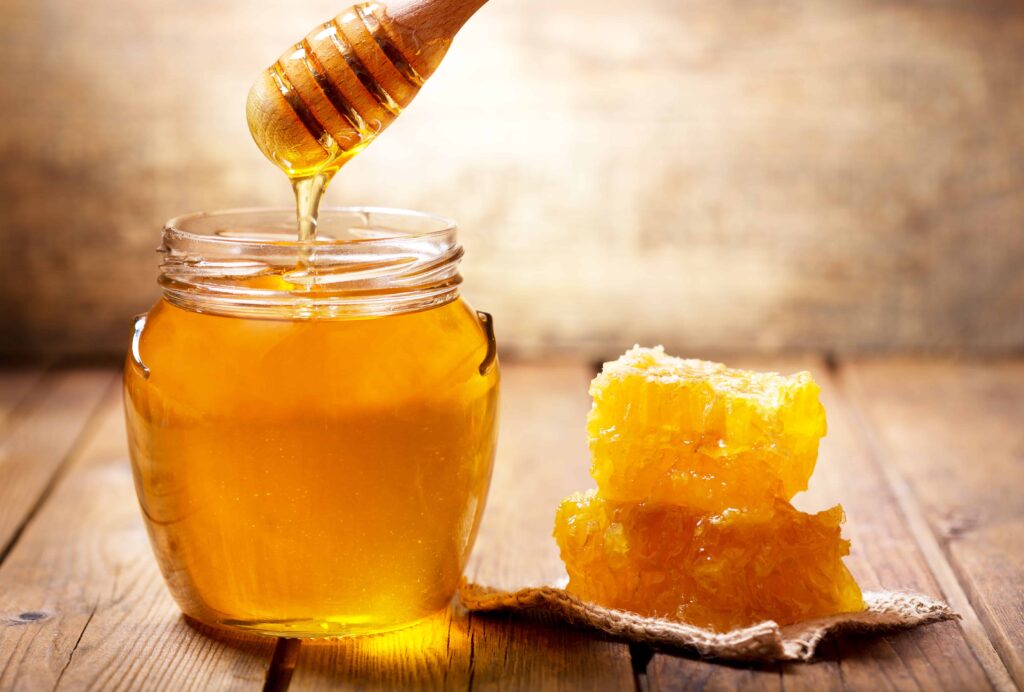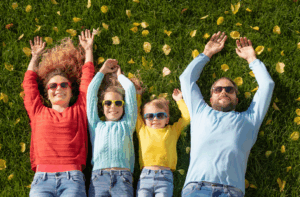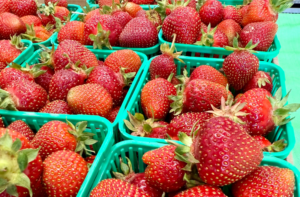Humankind’s love for honey is as old as history itself, but bees contribute far more than honey to our ecosystem. As the world’s most important species of pollinators, they ensure the pollination and propagation of our favourite plants and flowers. In fact, one-third of the food we eat every day relies on pollination. Either directly, as in the case of fruits and vegetables, or indirectly by foraging crops like alfalfa and the clover used to feed the livestock we depend on for meat and dairy. Not to mention products like clothing and bedding that we make from crops like cotton. While the list of pollinators also includes hummingbirds, bats, moths, butterflies, ants and beetles, in Canada, bees are the most important!
Pollination is the transfer of pollen from the male part of the flower (the anther) to the female part (the stigma). This fertilizes the plant allowing it to grow and propagate. So, as bees move from flower to flower in search of nectar, they pick up and spread grains of pollen on the sticky surface, allowing plants to grow and produce food. The reason bees are our most important pollinators is because they focus their energy on one species of plant at a time, resulting in higher quality pollination.
Unfortunately, threatened by a host of factors including pesticides, parasites, disease, climate change and habitat loss, bees are disappearing globally at an alarming rate. More recently, Colony Collapse Disorder (CCD) has plagued their plight further. CCD is a phenomenon that occurs when the majority of worker bees abruptly abandon the colony, leaving behind the queen, food, and a small number of nurse bees to care for the immature bees; ultimately leading to the loss of the colony.
So what would happen if these little guys that help grow so much of our food vanished? What would we do without them? Well, no more bees, no more pollination. That would directly impact the growth of plants and animals and the ecosystems we know and love.
“The hum of bees is the voice of the garden” – Elizabeth Lawrence
What you can do to help?
- Plant a bee-friendly garden with flowers like: lilac, lavender, sage, mint, tomatoes, sunflowers, black-eyed Susans and, our favourite, honeysuckle.
- Refrain from using pesticides and chemicals on your lawn and garden.
- Buy local, raw honey – it minimizes transportation so it saves energy, reduces your carbon footprint and helps your local community.
- Bees get thirsty too, so put a small dish of fresh water outside your home.
- Buy organic local food – these crops are pollinated by local bees.
- Learn to be a beekeeper – we’ve teamed up with local beekeeper Dan, owner of Heff’s Hives, to bring Urban Beekeeping to the West 5 community.
- Resist the urge to swat – honey bees aren’t out to get you – they’re vegetarians!
- Raise awareness of their plight through social media and gatherings.
Benefits of Local Honey
More than just a delicious sweet treat, honey has long been turned to for its healing and rejuvenating qualities. It has antiseptic, antioxidant, anti-inflammatory, antibiotic, antifungal, antibacterial and prebiotic properties!
All that said, store bought honey is often pasteurized, destroying many of the enzymes and beneficial compounds that make it so beneficial. That’s why raw, local honey is best! In its natural state it contains pollen, enzymes, and antioxidants. There’s even some proof that honey obtained close to home builds immunity to seasonal allergies. The theory is that the pollen comes from the same plants that are causing your allergies so by eating honey made from it, you may actually be able to tolerate the pollen more.
The world’s most productive species of pollinators, bees ensure the propagation of the planet’s food sources. Our very existence depends on them, so their survival matters. But perhaps their simplest and least economically significant action is that bees beautify our lives. By pollinating flowers, these humble bumbles make our planet more lovely. And so much more aesthetically pleasing. So do your part to help our bee friends and show them some love too!




